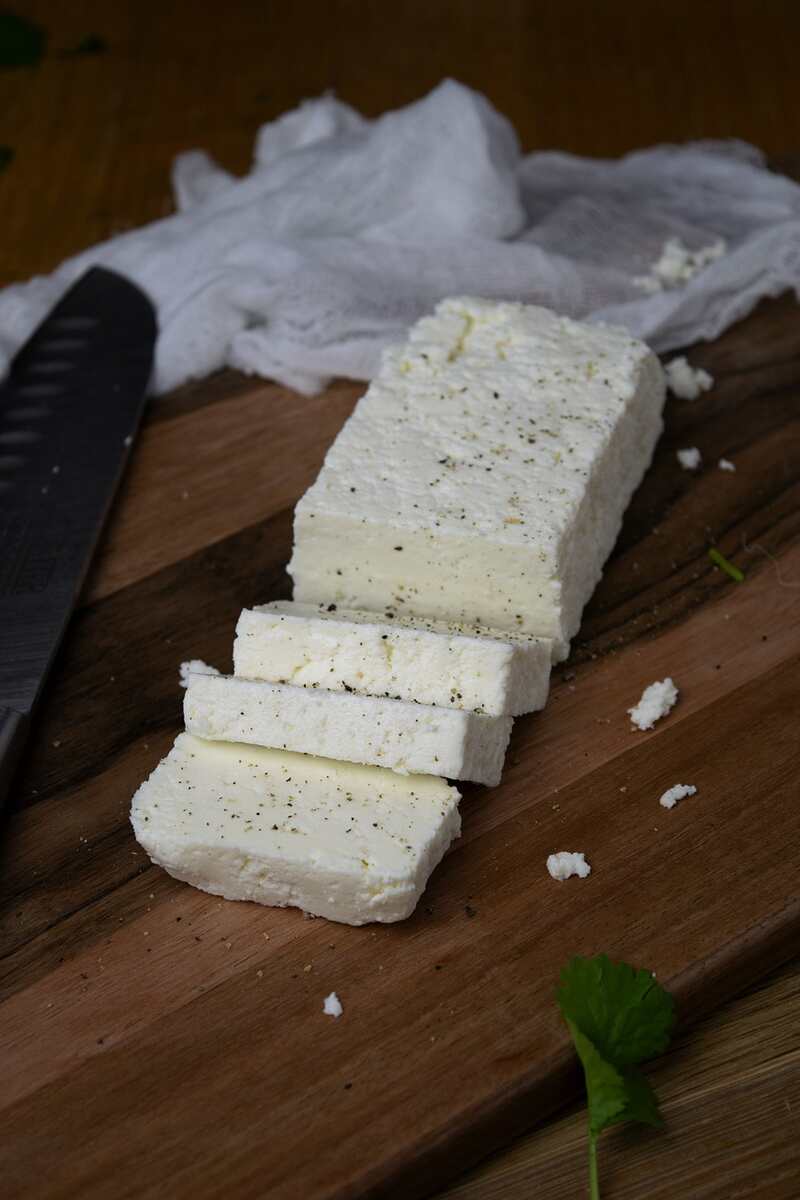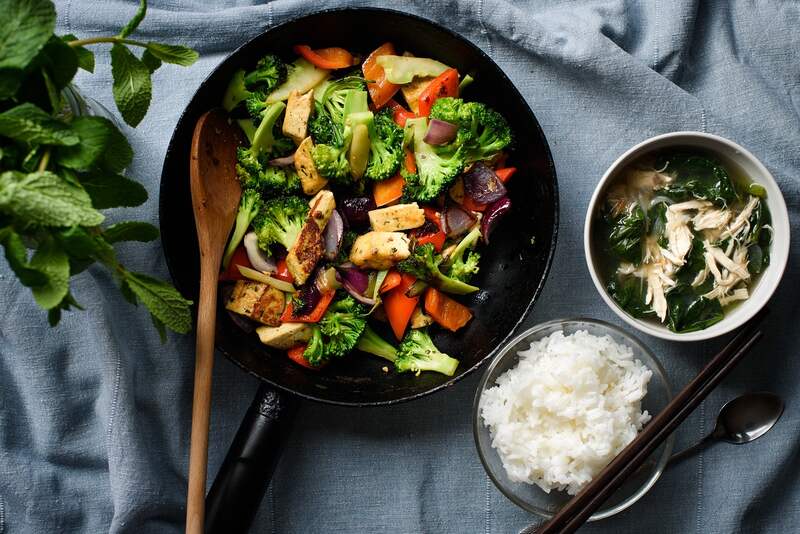Tofu and Paneer: two popular proteins often vying for the spotlight in vegetarian and vegan diets, but how do they compare nutritionally? Originating from different corners of the world, tofu from East Asia and paneer from the Indian subcontinent, both have been hailed for their versatility and health benefits. This article aims to put these two proteins head-to-head in a nutritional face-off, comparing their benefits and drawbacks, so you can make an informed choice in your culinary adventures.
Origin of Tofu and Paneer
Tofu, a bean curd made from soy milk, is a staple in East Asian and Southeast Asian cuisines. Its history dates back over 2,000 years to ancient China, where legend credits its invention to Prince Liu An. This plant-based protein quickly gained popularity in surrounding regions, such as Japan and Korea, owing to the spread of Buddhism and the associated vegetarian diet. In addition to its rich protein content, tofu is also known for its versatility. Its mild flavor allows it to absorb the tastes of the ingredients with which it is cooked, making it suitable for a range of dishes, from savory stir-fries to sweet desserts.
On the other hand, paneer, a type of unaged cheese, is indigenous to the Indian subcontinent. Unlike other cheeses, paneer does not require the process of aging and is easy to digest. Paneer is believed to have originated in the regions of Northern India and Pakistan and is a core ingredient in many traditional Indian dishes. Made by curdling milk with a food acid like lemon juice or vinegar, paneer is a rich source of animal protein and calcium. The texture of paneer allows it to hold up in hot curries without melting, making it a popular choice in Indian curries and appetizers.
Nutritional Breakdown of Tofu
Now that we understand where these two proteins originate, let's dive into the specifics of their nutritional content.
Protein Content in Tofu
Tofu is highly valued for its impressive protein content, making it a crucial component in numerous plant-based diets. A 100g serving of tofu typically provides around 8 grams of protein, making it a great source for meeting your daily protein needs. Moreover, the protein found in tofu is not only abundant but also complete, containing all nine essential amino acids required by the human body for optimal health and well-being.
Minerals and Vitamins in Tofu
Tofu is a good source of several essential vitamins and minerals. It contains a high amount of iron, which is crucial for red blood cell production and preventing anemia. Tofu also provides calcium, essential for bone health, and is often fortified with vitamin B12, a nutrient that many plant-based diets lack.
Caloric and Fat Content of Tofu
With regard to calorie count and fat content, tofu shines as a low-calorie, low-fat food option. A 100g serving of tofu contains just approximately 70 calories and about 2-3 grams of fat. These nutritional qualities make it an excellent choice for individuals who are watching their calorie intake or seeking to lose weight, as it provides a satisfying and nutritious addition to their diet.
Versatility and Use in Cuisine
Beyond its nutritional profile, tofu's culinary versatility is another point in its favor. Its neutral taste allows it to take on the flavors of the foods and spices it's cooked with, making it fitting for a wide variety of dishes. From stir-fries and soups to desserts and smoothies, tofu can be incorporated into almost any meal.
Nutritional Breakdown of Paneer
Just as we analyzed tofu, we will now delve into the nutritional aspects of paneer, a traditional Indian cheese and an important source of protein in many vegetarian diets.
Protein Content in Paneer
Paneer is an excellent source of protein, especially for vegetarians who do not consume meat. A 100g serving of paneer can provide around 18-20 grams of protein, significantly more than tofu. However, unlike tofu, paneer's protein is not considered complete as it misses out on some essential amino acids.
Minerals and Vitamins in Paneer
Paneer is rich in calcium, which supports bone health, and phosphorus, which is crucial for energy production and maintaining the health of cells and tissues. It also contains notable amounts of Vitamin A, beneficial for vision and immune functions. However, unlike tofu, paneer is not a significant source of iron.
Caloric and Fat Content of Paneer
When it comes to calories and fat content, paneer is higher compared to tofu. A 100g serving of paneer contains approximately 265 calories and 20 grams of fat. Although paneer has a high fat content, it is primarily saturated fat, which is considered healthier than trans fats. However, this higher caloric and fat content means that portion control is crucial when including paneer in a weight loss diet.
Versatility and Use in Cuisine
In terms of culinary use, paneer is incredibly versatile and adaptable. Its firm texture and mild taste make it suitable for a wide range of dishes, whether they lean towards the sweet or savory side. Paneer can be grilled, sautéed, or fried to perfection, and its exceptional ability to maintain its shape even in high-temperature conditions makes it an ideal ingredient for curries, stews, and a variety of delectable appetizers.
Conclusion
In order to make an informed choice between tofu and paneer, it's important to consider not just their nutritional content, but also the unique health benefits each offers. Tofu, due to its plant-based origin, is cholesterol-free and low in saturated fat, making it a heart-healthy choice. It also contains isoflavones, plant-derived compounds that are similar to estrogen. These isoflavones have been linked with a lower risk of heart disease and some forms of cancer. Moreover, tofu's high iron and calcium content can help prevent anemia and support bone health, respectively. Paneer, on the other hand, while higher in saturated fat, provides a dense source of various nutrients. The high protein content of paneer can contribute to muscle growth and repair, making it a good option for individuals who lead an active lifestyle. It is also a rich source of calcium that supports bone health. Moreover, paneer contains conjugated linoleic acid (CLA), a fatty acid that has been associated with weight loss and improved body composition.





